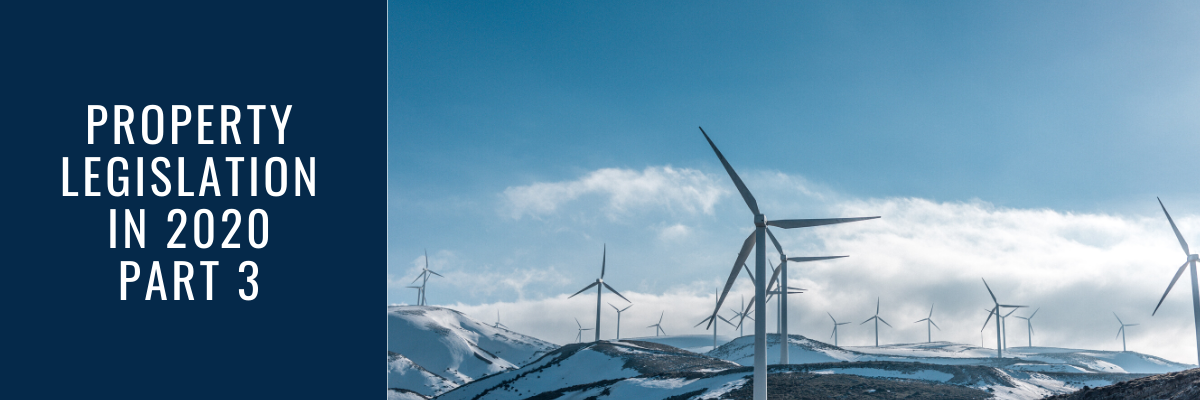Domestic Minimum Energy Efficiency Standard (MEES) Regulations Grace Period Ends
The MEES regulations set a minimum energy efficiency level for private rented properties in England and Wales. The regulations came into effect in April 2018 with a grace period of two years for tenancies which had started before 1 April 2018. This means that on 1 April 2020, all rented properties must meet the MEES, which is currently a rating of "E" on a valid Energy Performance Certificate (EPC). Failure to comply can result in steep fines (up to £2,000 at the first compliance notice and up to £5,000 if the property continues to be rented for over three months). It is more cost-effective, and better for the environment, for landlords to pay for energy efficiency improvement works.
Tenant Fees Act 2018 Transition Period Ends
When the Tenant Fees Act 2018 came into effect on 1 June 2019, a grace period of one year was put in place allowing tenancies which had started before that date to smoothly comply with the new rules. This is coming to an end on 1 June 2020, meaning the Tenant Fee Ban will become binding on all tenancies. While periodic tenancies do not need to have their deposit amount adjusted, deposits for new fixed-term tenancies should be capped as set out by the Act, which is five weeks’ rent where the annual rent is less than £50,000 and six weeks’ rent where the annual rent is £50,000 or more.
To read the rest of the legislation coming into effect this year and beyond, we have created a FREE guide, click here to download



 By
By 



Share this with
Email
Facebook
Messenger
Twitter
Pinterest
LinkedIn
Copy this link